In 2020, the U.S produced enough solar energy to power over 21 million homes, which shows how effective this form of energy is. Installing residential solar panels has an array of benefits, from accessing clean energy to taking advantage of government tax rebates.
But preparing your home for solar panels takes time, so it’s important to know what you’re doing. Maybe that’s why you’re here; you’re interested in solar panels and want to know how to be 100% ready. Hit the nail on the head? No worries; we’ve got you! Here’s what you should know before you install solar panels.
Choose the Right Location
Before installing a new solar energy system, you must find the right location. You’ll notice that many panels are installed on roofs or even in backyards. Regardless of where you choose, make sure you find the optimal position so that they receive the most direct light during the day.
But, it’s important to note that homes in the southern hemisphere should face north and vice versa.
Consider Your Roof
If you want solar panels on your roof, evaluate it to determine whether it’s the right fit. You must repair your roof if it’s old or damaged because it won’t withstand the weight of the panels. To be safe, check that your roof has relatively new shingles to prevent further problems.
You should also factor in the roof’s shape. As a general rule, there should be enough space for several solar panels, so you can receive maximum energy. If you’re not sure, ask a contractor or solar technician to evaluate your roof for peace of mind.
Know the Different Types of Solar Panels
Not all solar panels are created equally, so familiarize yourself with the two types. The most popular option for solar power is photovoltaics (PV), where the panels convert solar cells into electricity. In contrast, you can choose solar thermal panels, which use mirrors to concentrate sunlight and heat water.
Note that solar thermal is only efficient when they receive maximum sunlight, whereas PV is more versatile, making them the more favored option.
How You’ll Connect to the Grid
You’ve chosen the right panel for your solar energy; now it’s time to connect to the grid. Before choosing the local utility company, you must factor in how long it’ll take to hook you up and whether there are any hidden costs.
You should also ask each prospect how and when you’ll be credited for your generated electricity.
Calculate the Cost
Another huge consideration is the cost of solar panels. It will often cost between $15,000 to $20,000 to buy and install them. Note that you must also factor in the cost of professionally installing them and if there are any urgent roof repairs. Don’t worry if you can’t afford this upfront cost, as getting solar panels with financing is possible.
Further, decide whether you want to buy or lease solar panels. Although leasing is more affordable, you’ll never own the solar panels because a third party owns the equipment. Also, going down this route means that your panel system won’t add value to your property.
Check Whether You Need a Permit
Before taking the plunge, check whether you need a local permit. Depending on the city, county, and state, this will vary because it depends on city codes or zoning laws. If you’re unsure where to start, refer to the Solar Energy Industries Association for the latest information.
Look Into Rebates and Tax Incentives
Many homeowners pursue solar energy because of the tax rebates and incentives available to them. For instance, the government offers residents credits and even rebates whenever they install solar energy.
Because of this, you’ll slash the upfront costs, making solar energy even more affordable.
Decide Whether You Want a Battery Backup
If you’re in a rainy state, you should consider a battery backup. This means you can access electricity, even when it’s overcast and dark. The beauty of this option is it is affordable, and most solar panel installers will give you the option during the installation process.
Finding a Reputable Contractor
Your solar panel installation is only as good as the installer’s. Because of this, spend time finding a reputable contractor who has the right experience for the job. Reach out to family and friends who have recently installed solar panels because they may have a great recommendation.
Further, avoid choosing the first installation company, regardless of how appealing they are. Instead, shop around to get an idea of the average cost and the service available on the market.
Before signing a contract, read through the document to check out the financing, ownership expectations, and how the company will access your electricity. If you’re feeling overwhelmed, contact a lawyer to guide you through the process.
Consider the Warranties Available
Another huge consideration is the solar panel’s warranty. This is key for protecting your solar panels and equipment as it makes the manufacturer accountable.
At the very least, you should have a solar panel, installation, and inverter warranty, so you’re covered.
Solar Panel Insurance
Getting the right solar panel insurance is essential for covering yourself and any potential damage to your roof if an accident happens. Also, many insurance providers need important documents before giving out a policy. For instance, you’ll likely need building codes, rebate requirements, and certifications to prove the installation company is credible.
Install Solar Panels Today
Hopefully, you’re now ready to install solar panels on your home. There are many factors to consider, such as finding an ideal location and your roof’s current condition. You should also factor in the installation company and the warranties available to you. Good luck!
Good read? Awesome! Then, check out the rest of our blog for more tips and tricks.
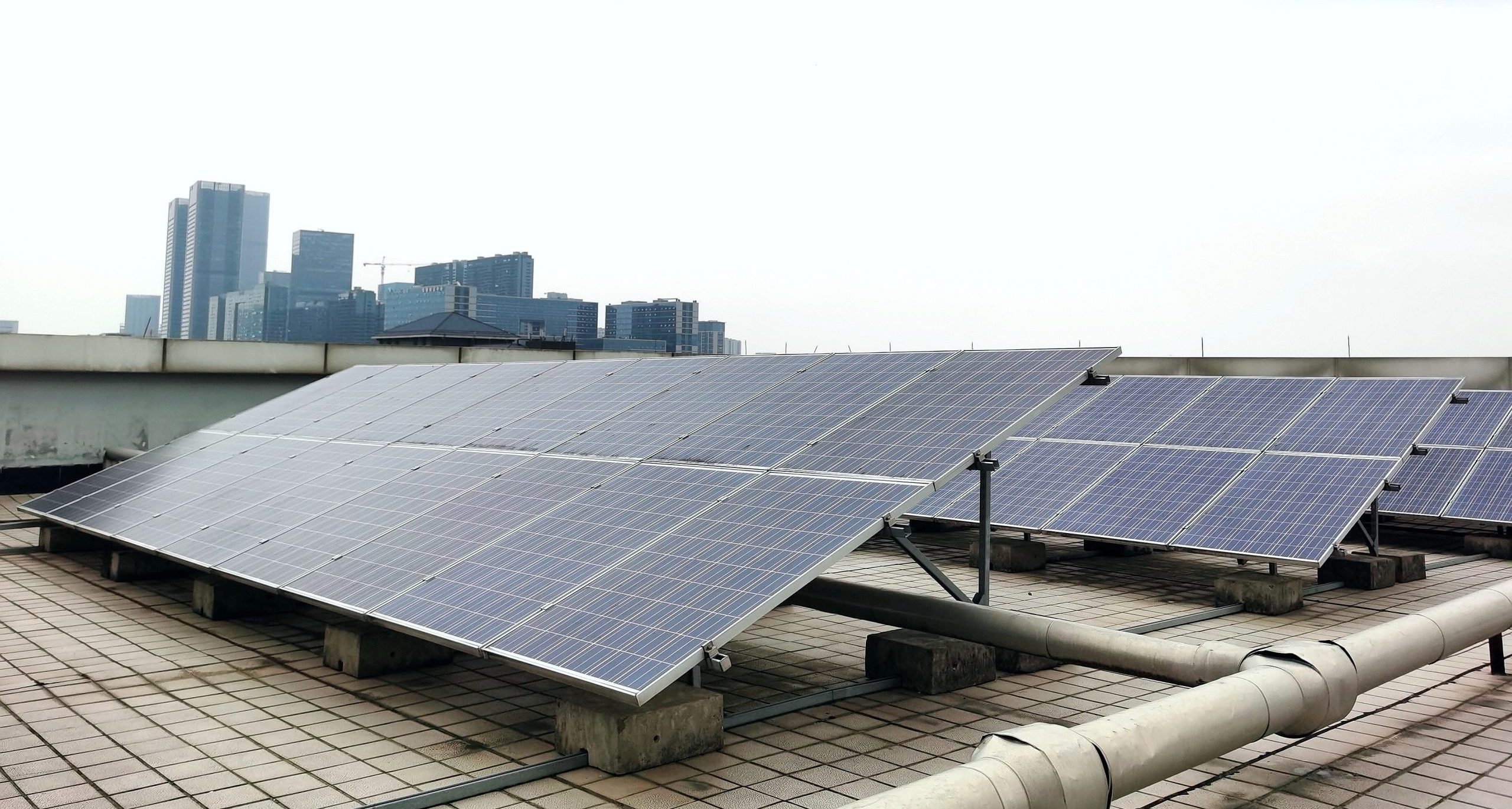
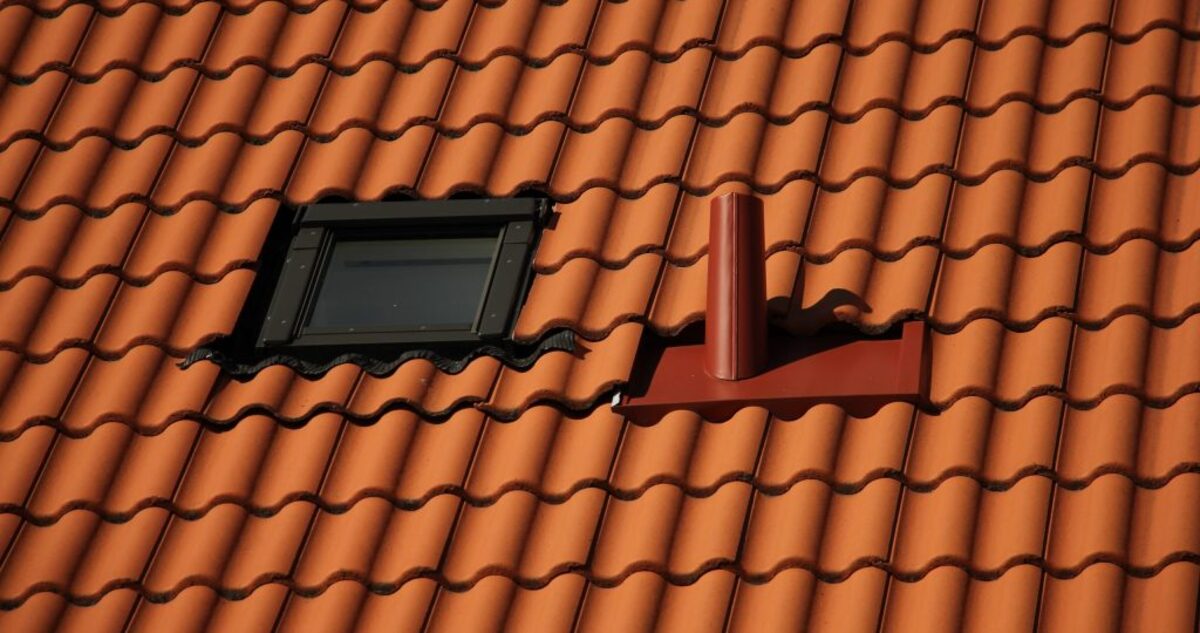
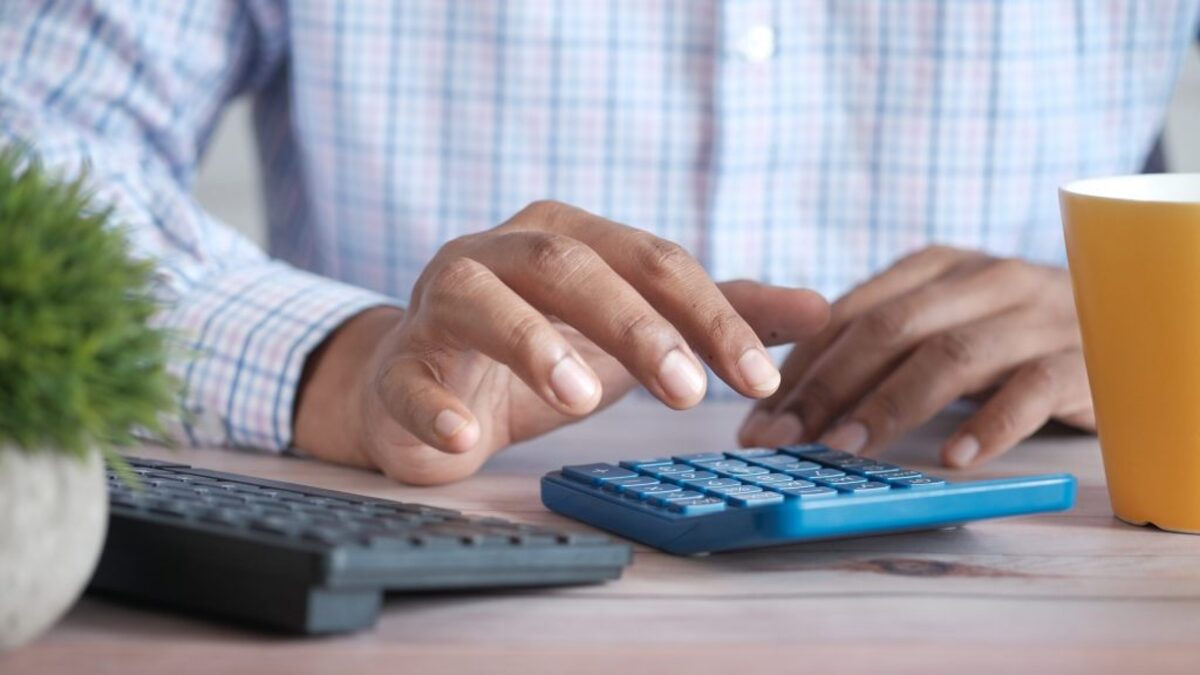
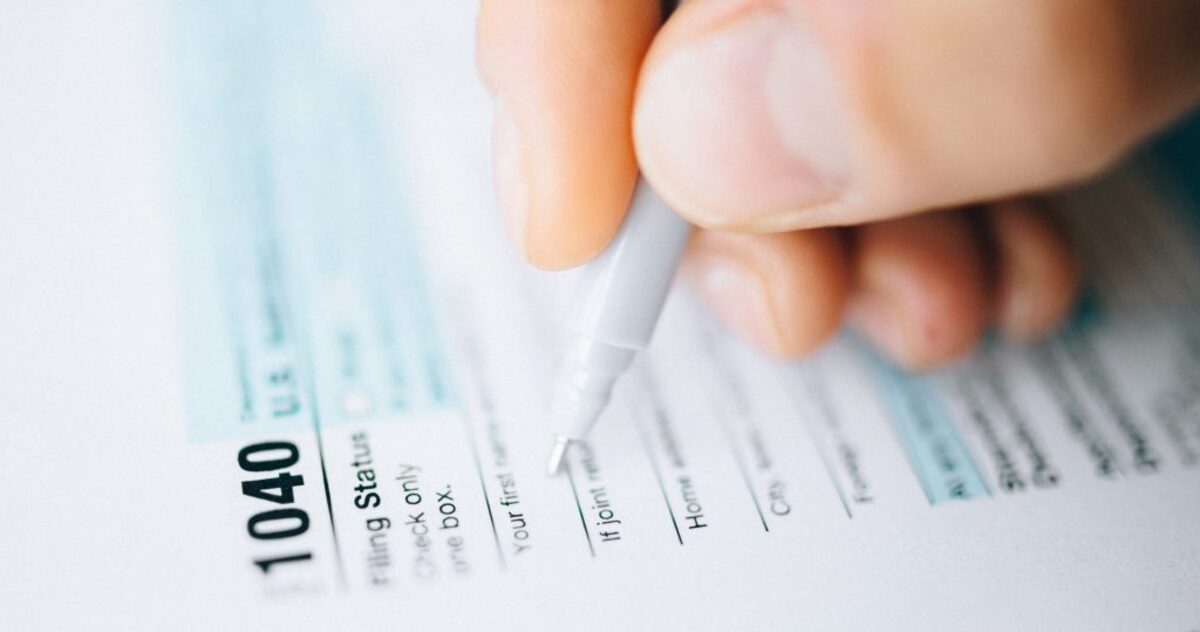
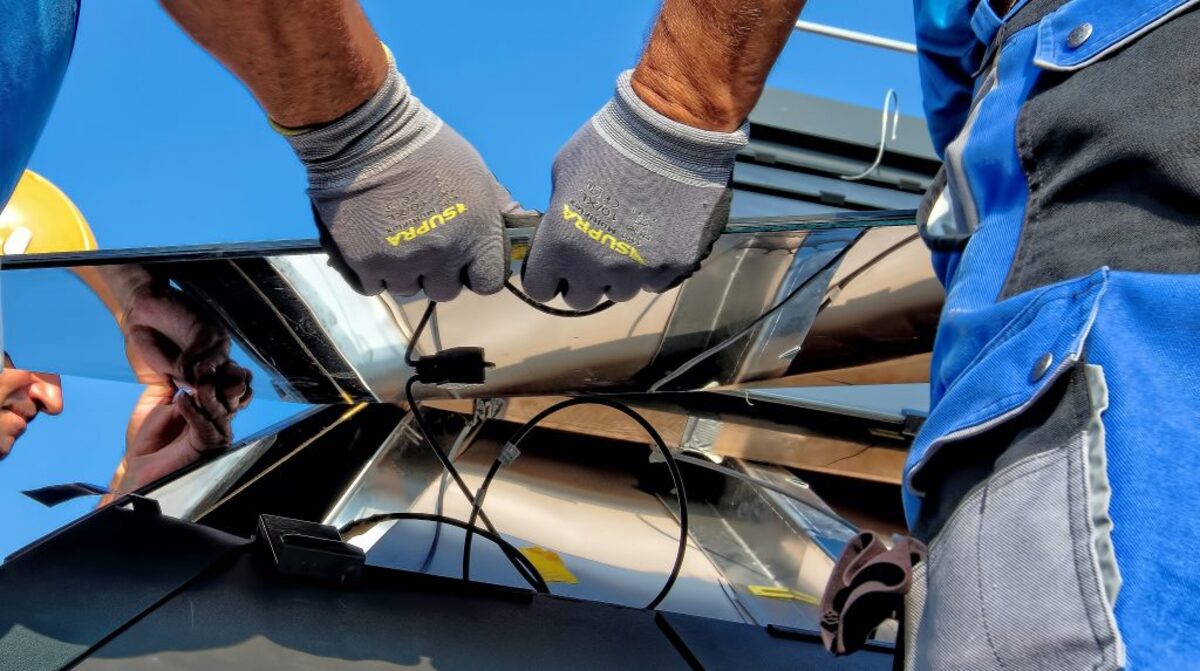
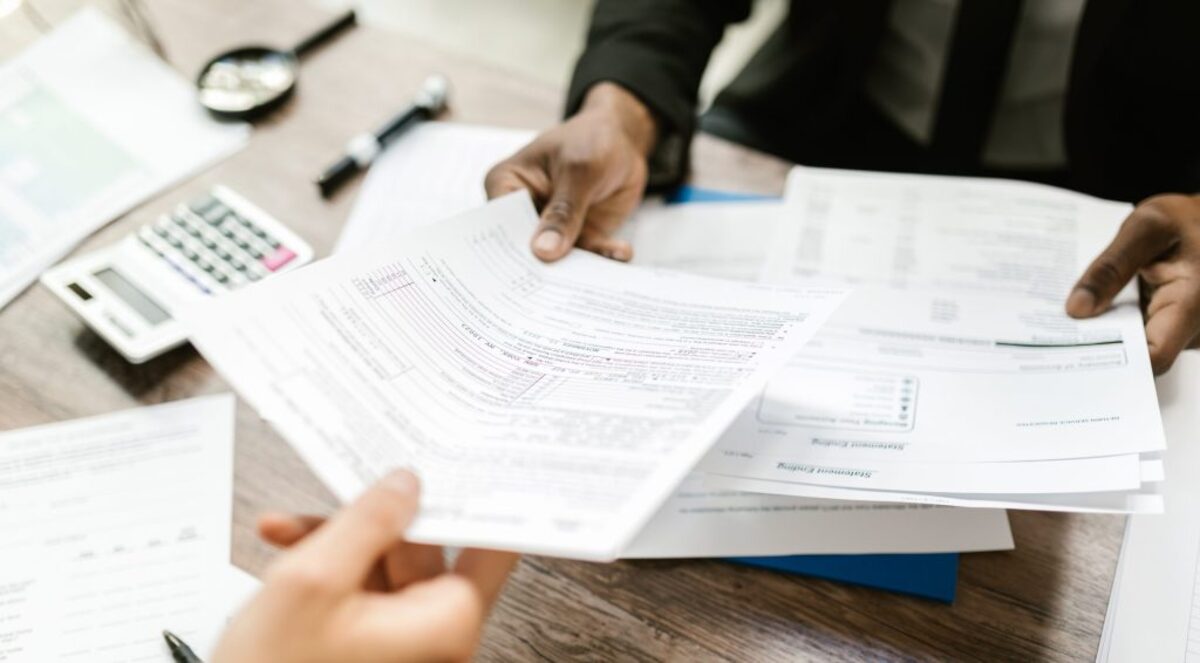
Comments are closed.